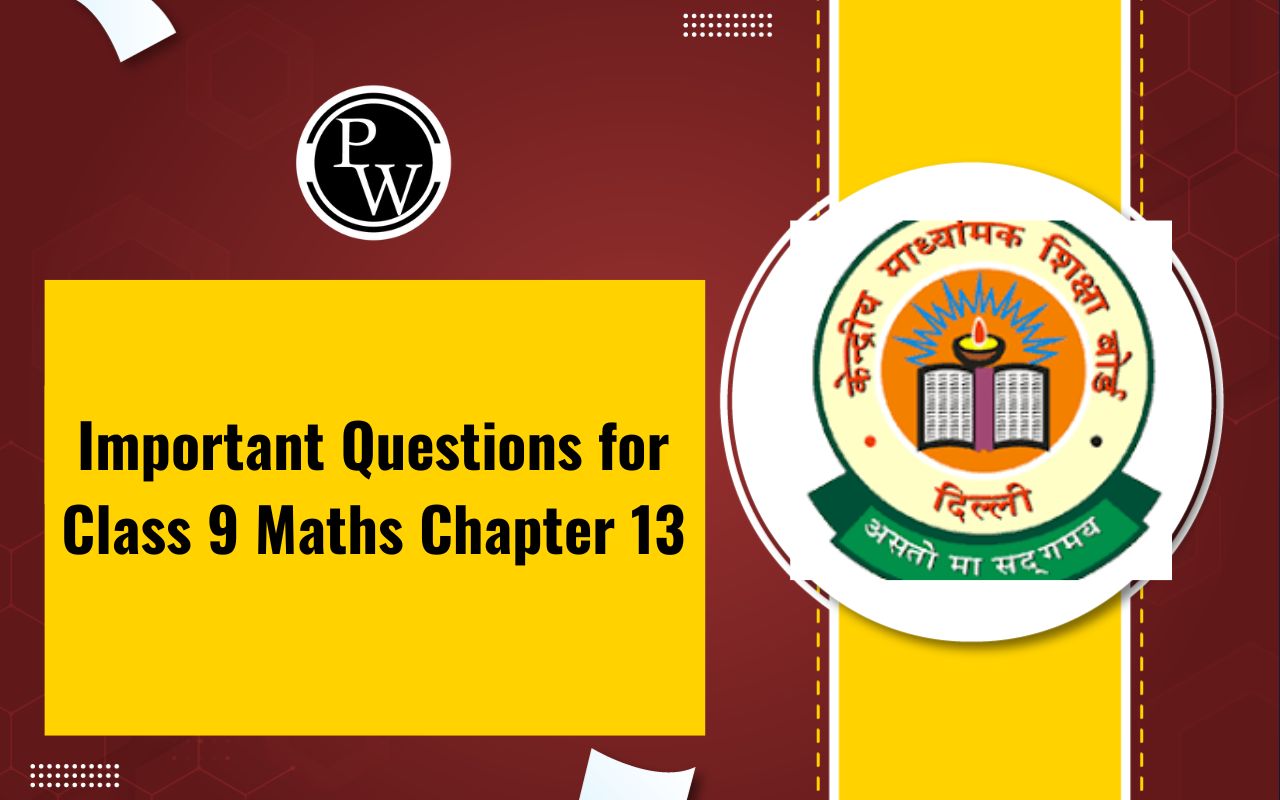

ICSE Class 9 Five Month Study Plan 2025: As the ICSE Class 9 exams approach, students often find themselves overwhelmed by the vast syllabus and the pressure to perform well. However, with a clear and well-organized study plan, students can manage their time efficiently and ensure thorough preparation for all subjects.
The following is a detailed five-month study plan for ICSE Class 9 students in 2025, designed to help you cover all topics, practice regularly, and stay on track for success.ICSE Class 9 Study Plan for 2025
Preparing for the ICSE Class 9 exams requires effective time management, a structured study approach, and consistent practice. A well-planned study routine can significantly improve your performance and help you cover the entire syllabus in an organized manner. This study plan is designed to guide you through the months leading up to the exams in 2025, ensuring that you stay on track with your preparation.ICSE Class 10 Five Month Study Plan 2025
Here is a detailed study plan to help you perform your best in the ICSE Class 9 exams:ICSE Class 9 Study Plan Month 1: Familiarize Yourself with the Syllabus and Build a Strong Foundation
Objective : In the first month, your focus should be on understanding the syllabus, building foundational knowledge, and covering initial topics in each subject.
Syllabus Familiarization : Start by reviewing the syllabus for all subjects, such as English, Mathematics, Science (Physics, Chemistry, Biology), History and Civics, Geography, and any other subjects you have. Understanding the syllabus will give you a clear idea of what to study and help you avoid wasting time on irrelevant topics.
Identify Strengths and Weaknesses : Determine which subjects or topics you are confident about and which ones require more effort. This will help you prioritize your study plan accordingly.
Conceptual Understanding : Focus on building a strong understanding of basic concepts, especially in subjects like Science and Mathematics. Revise key formulas, laws, and important concepts. Solve basic problems in Mathematics and practice important scientific principles.
Study Strategy : Dedicate time each day to a balanced study routine. Start with lighter subjects, like English, before moving on to more challenging subjects, like Mathematics or Science. Break down each subject into manageable portions and allocate daily study time to cover them.
Start with ICSE Textbooks : Read the prescribed textbooks thoroughly and solve all exercise questions. Focus on understanding the concepts rather than memorizing them.
ICSE Class 9 Study Plan Month 2: Focus on Problem Areas and Begin Practice Papers
Objective : During the second month, focus on strengthening the areas where you feel less confident and begin solving sample papers.
Identify Weak Points : Go over your notes and textbooks to identify areas where you need improvement. Focus on these areas for a more concentrated effort in the coming weeks.
Create Flashcards : Make flashcards for formulas, definitions, important dates, and concepts. This will help with quick revision and improve recall during exams.
Practice Sample Papers : Start solving sample papers and previous years question papers. This will help you get a feel of the exam pattern and the type of questions asked. Time yourself while solving these papers to improve your speed and time management skills.
Subject-Wise Focus :
- Mathematics : Start solving problems from Chapters 1 to 3 (depending on your syllabus). Focus on basic algebra, geometry, and number systems.
- Science : Begin revising the chapters related to Physics (e.g., motion, force, laws of motion), Chemistry (e.g., matter, elements, compounds), and Biology (e.g., the human body, plants).
- Social Studies : Start with History and Civics, focusing on important events, dates, and concepts.
- English : Practice writing essays, letters, and reading comprehension. Focus on improving your writing skills and vocabulary.
ICSE Class 9 Study Plan Month 3: Practice and Revision
Objective : The third month is critical for practicing more challenging topics and revising what you have learned.
Review and Revise : Begin revising the topics you’ve already studied. Go over the chapters again, focusing on areas you found difficult. For example, revise Algebra or Geometry in Mathematics, and re-read key scientific concepts.
Solve More Model Test Papers : Continue practicing model test papers under exam-like conditions. Focus on improving accuracy and time management. This will help you get comfortable with the pressure of solving the paper in a limited time frame.
Subject-Specific Strategies :
- Mathematics : Practice tougher questions, particularly word problems and higher-level algebra.
- Science : Focus on solving numerical problems in Physics and Chemistry. Practice labeling diagrams in Biology and learn important scientific equations.
- English : Focus on writing descriptive essays and comprehensions. Practice grammar and vocabulary regularly.
Group Study : Engage in a group study session for subjects like Social Studies, where discussion of events and concepts can help reinforce learning.
ICSE Class 9 Study Plan Month 4: Intensive Revision and Mock Tests
Objective : During this month, focus on intensive revision and mock tests for each subject to simulate exam conditions.
Focus on Weak Areas : Continue working on subjects and topics you find difficult. For instance, if Algebra is a challenge, dedicate extra time to practice related questions.
Take Weekly Mock Tests : Take full-length mock tests each week for each subject. Review your mistakes, understand where you went wrong, and ensure you avoid making the same errors in the future.
Practice Diagrams and Charts : Focus on practicing diagrams (in subjects like Biology and Geography) and map marking (in Geography). Ensure that you can draw diagrams neatly and accurately.
Final Revisions for Each Subject :
- Mathematics : Revise all the formulas and theorems.
- Science : Revise important concepts and practice solving equations and diagrams.
- English : Focus on revision of writing skills, grammar, and comprehension.
ICSE Class 9 Study Plan Month 5: Final Revision and Exam Readiness
Objective : In the final month, revise everything, take more mock exams, and work on time management strategies.
Intensive Revision : Revise all subjects thoroughly. Focus on weak areas and concepts that need reinforcement.
Mock Tests Under Exam Conditions : Take mock exams under strict exam conditions to simulate real exam pressure. Analyze your performance and correct your mistakes.
Time Management : Practice time management by ensuring that you can complete the exam on time. Set time limits for each section during mock tests.
Relax and Prepare Mentally : In the last week before the exams, ensure that you get adequate rest. Stay calm and confident. Avoid last-minute cramming; instead, focus on light revision and positive reinforcement.
ICSE Class 9 Five Month Study Plan 2025 FAQs
Why is it important to have a study plan for ICSE Class 9?
How many hours should I study daily for ICSE Class 9 exams?
How do I use mock tests in my study plan?
What if I fall behind my study plan schedule?












